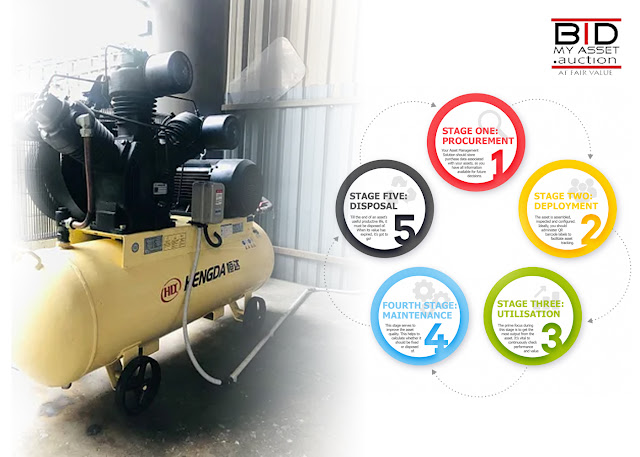To know
about asset disposal management, you should know about
asset disposal first.
Asset disposal is
mainly the removal of long term assets from a company’s accounting records.
This concept is very important because capital assets are essential to make a
successful business. Additionally, people are accounting for the disposal of an
asset is critical to maintaining updated and clean records.
How does the asset
disposal plan work?
An asset disposal
plan is an important thing when it comes to management plans because the
disposal of assets accounts for a significant part of the full life cycle of an
asset. The activity associated with the asset disposal of a decommissioned
asset such as its sale, demolition or relocation.
The
international asset disposal management manual
recommends that an asset disposal plan should include the forecasts of the
timing and expenditures associated with asset disposal.
Important things
about asset disposal plan
An asset disposal
plan always shows a timeline where replacement assets are operational and ready
to absorb the workload of the decommissioned asset. That's why, users are not
inconvenienced, and the operations can continue without any
interruption.
Disposal costs
bear the expenses that are directly related to asset disposal. These costs are
significant because of the difficulty related to the disposal of the
infrastructure assets. Income and expenses associated with asset disposal are
dependent on whether the assets are sold, demolished or relocated.
Asset disposal management often
includes guidelines for special handling that may be necessary. For example,
some assets may include equipment that can be recycled. In this case, the
instructions for the equipment's processing should be included in the asset
disposal plan. If the asset has been exposed to materials that could introduce
or spread contaminants, such as decommissioned wastewater machinery, the assets
may need to be sealed or otherwise transferred to a treatment facility.


.jpg)
.jpg)
